InfoMigrants speaks to David Yambio, the co-founder of Refugees in Libya, about displacement, security and his early life living in South Sudan and across West Africa.
David Yambio’s life began under the shadow of conflict. Born in the remote village of Ezo, near South Sudan’s border with the Central African Republic, during Sudan's second civil war in 1997 -- his family fled violence when he was just two months old, seeking refuge in camps across Congo and the Central African Republic (CAR). His early childhood memories are marked by the struggles of camp life, far removed from the homeland he barely knew.
"I grew up with a very vague memory of what my country looked like," he says.
His childhood unfolds as a timeline of traumatic events deeply entwined with the geopolitics and conflicts of his region. Despite the gravity of his experiences, he recounts them with remarkable calm and eloquence, weaving his personal story into the larger historical context of his country.
In 2005, the signing of the Comprehensive Peace Agreement (CPA) marked an end to two decades of civil war and brought a brief period of hope. Eight-year-old Yambio returned to Sudan with his family, he was also able to attend school for the first time.
"That was the first time that I felt I belonged to a country...in this small village, we didn't have everything, but it was sufficient that we had a piece of land where we could cultivate and produce our own food, something which was non-existent in the refugee camps in Central Africa," he says.
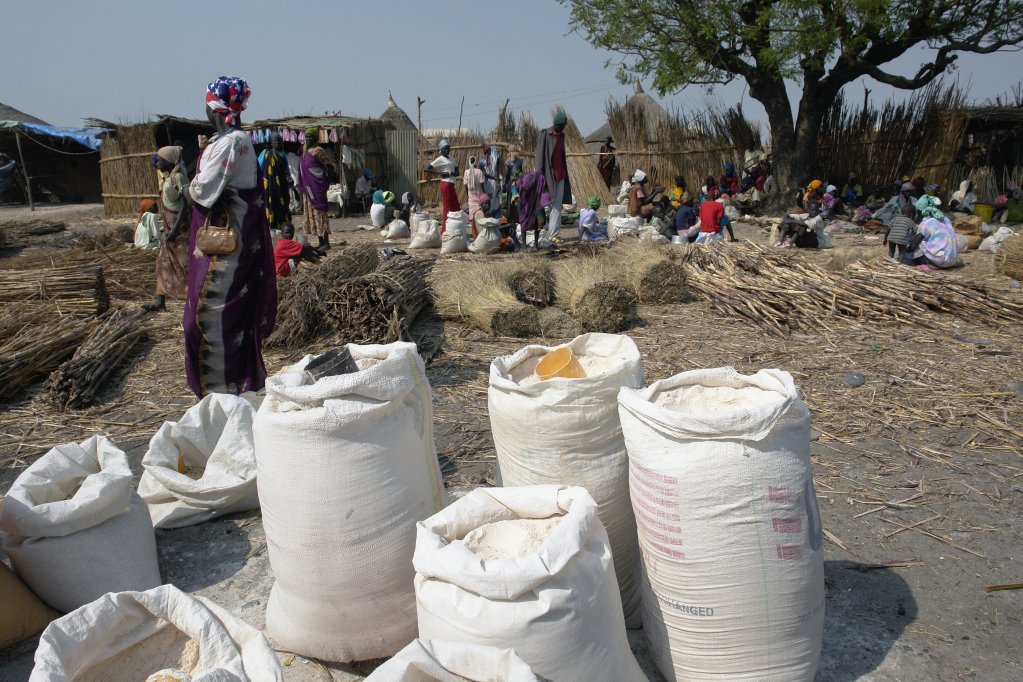
However, tribal wars soon disrupted the fragile peace, displacing his family once more. Despite the signing of the CPA, mistrust between the parties led to frequent ceasefire violations, fostering instability and violence, he explains. Local grievances, competition for resources, and poorly reintegrated ex-combatants --who sold weapons to survive -- further deepened the conflict.
Read AlsoSudanese factions accused of weaponizing hunger as ceasefire talks drag on
Abduction and life as a child soldier
In 2009, when Yambio was only 12 years old he was abducted by the Lord’s Resistance Army (LRA), a Ugandan militant group led by Joseph Kony. The group took him to the dense forests of Congo and the CAR, where he was forced to fight alongside rebels, witnessing and enduring unspeakable atrocities.
"This was a child soldier experience, and this was very brutal. You couldn't escape from it. We witnessed all types of atrocities that were being inflicted on the locals, on each village that was under siege from the terrorist group."
Escape attempts were extremely dangerous, with deadly consequences for those caught.
"We had to run away. That was the only possible route to escape. This was also very violent, because those who were caught attempting to escape were always killed," he says.
However, after nearly a year, Yambio did escape, with the help of UN peacekeeping forces and was reunited with his family in southern Sudan in 2010.
He resumed school and witnessed the 2011 referendum that led to South Sudan’s independence.
"In the background, things seemed really very interesting... until 2011 came, when Sudan finally divided into two. And now you can imagine a new country celebrating their own independence," Yambio recounts.
But this dream was cut short just two years later, when civil war broke out in 2013. At just 16, he was forcibly conscripted into the army, and thrust back into the violence he had desperately hoped to leave behind.
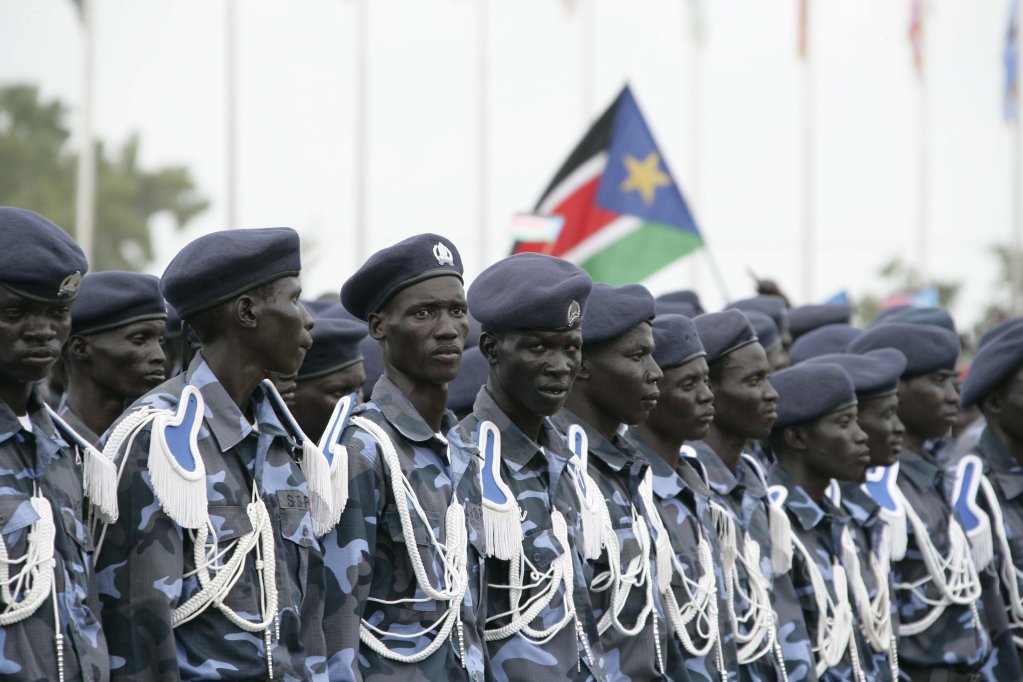
Read AlsoUNHCR scales up response to Sudanese refugees coming to Libya
Seeking refuge across Africa
In 2016, after years enduring conflict, Yambio made the difficult decision to leave South Sudan in search of stability.
When he turned 18 he fled, "I wanted to have the possibility of a life that was not a violent one, a much more peaceful life."
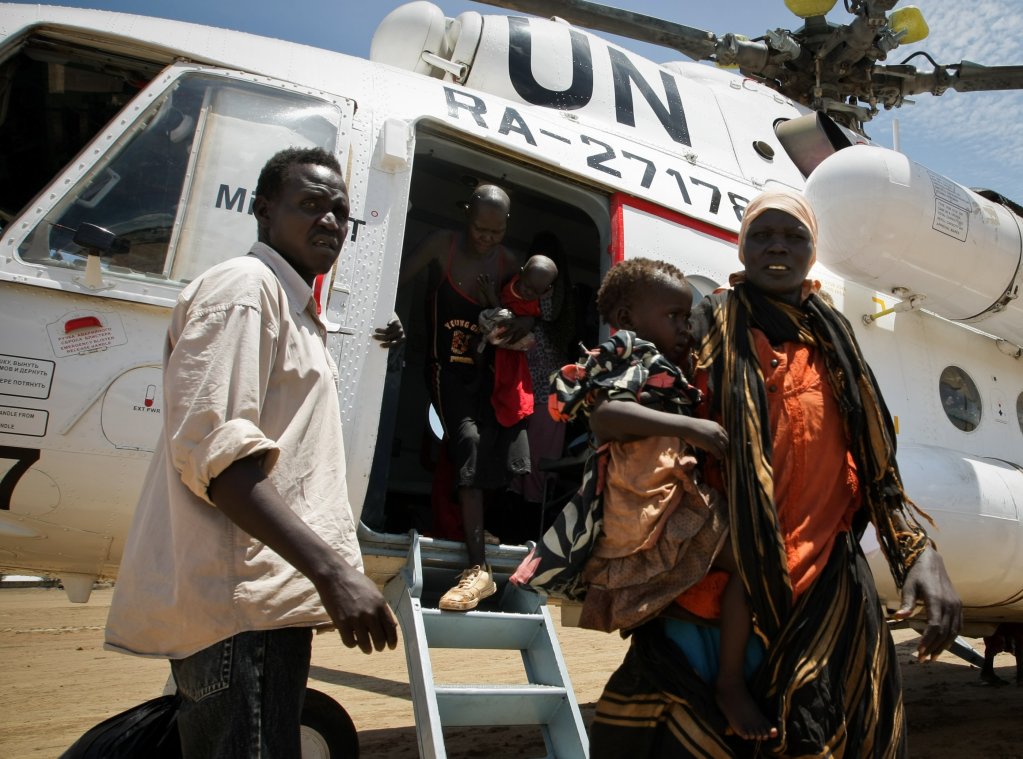
His journey took him through Chad, Cameroon, Nigeria, Benin, Togo, Ghana, Niger, and Morocco, relying on the relative ease of movement provided by ECOWAS in West Africa. Even though he was given international protection under the Geneva Refugee Convention in Chad, he continued his search for a better life elsewhere.
"I still had the need to be independent, the need to do something for myself, to have a valid education, to have a good place to sleep, which is not the case in refugee camps... I wanted to be an independent person."
Adapting to life on the move, Yambio mastered multiple languages, including French, Arabic, and more recently Italian, using them as vital tools for survival.
"When moving through these countries, I had to learn how to gamble," he says, reflecting on the precarious and transient existence that shaped his young adulthood.
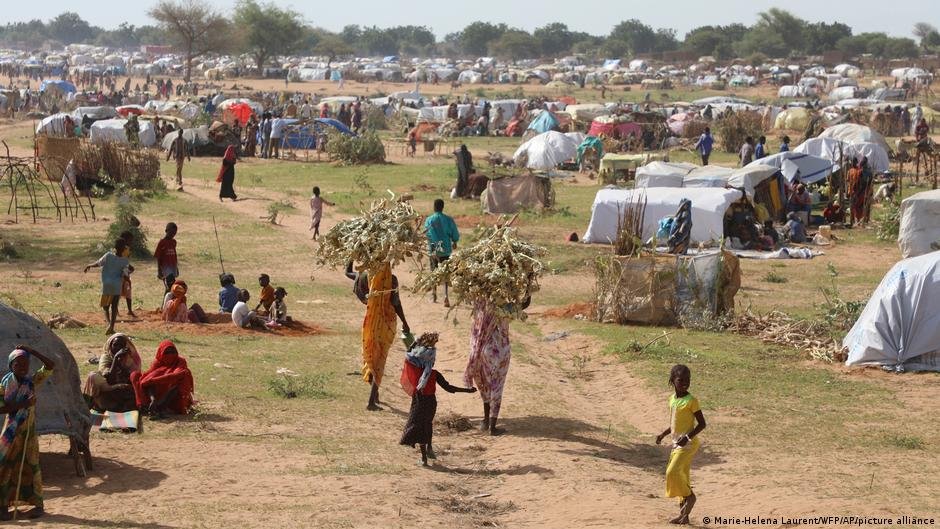
His extensive travels across Africa underscore the severe lack of stability, opportunities, and safety, he faced. He explains how he endured exploitation and harsh conditions in refugee camps.
"Security is not just a roof over your head or the absence of gunshots, he explains. "It's about belonging, participating in society, and finding acceptance."
Read Also'Sudan is trapped in a nightmare' – extreme violence drives record refugee exodus, UN says
Scams and exploitation
However, attempts to reach Europe and Latin America brought new dangers, including exploitation and scams. He recalls how he was left stranded at a port in Togo, losing his savings.
"They left us in in the boat for nine days. They kept telling us today, tomorrow, today, tomorrow. And in the end, we realized that it was an abandoned boat that was not even moving."
Experiencing repeated scams, changed his outlook, "they opened my mind to different things," he says. "You find people who promise to, you know, to make the magic happen," only to be left more destitute than before. Even with few alternatives, he became more cautious toward those offering opportunities.
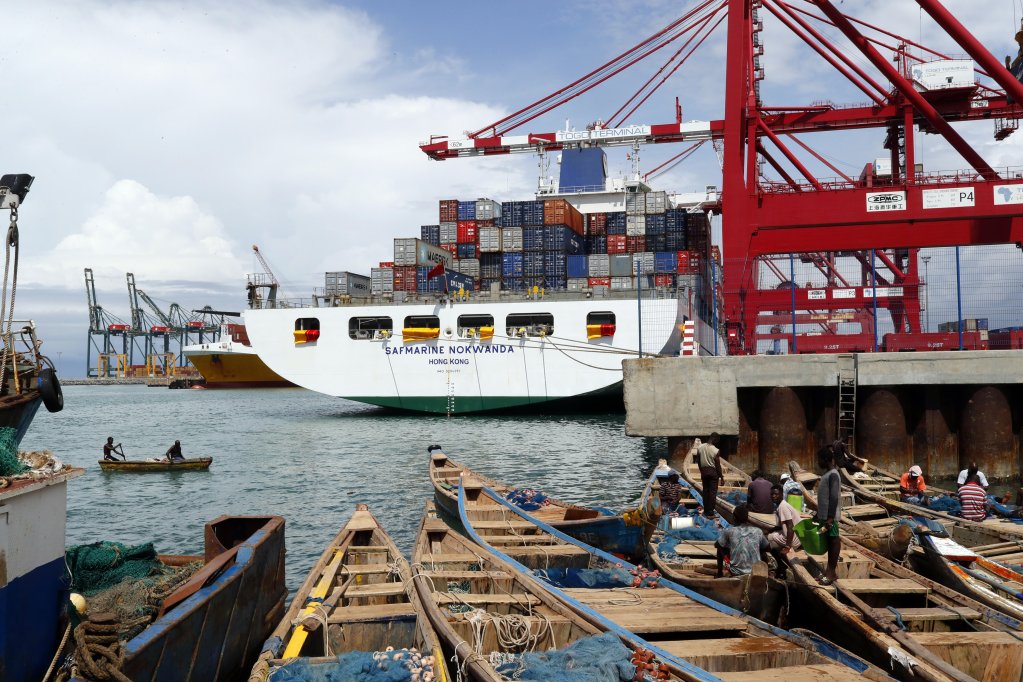
Nevertheless, his story, like many others, illustrates the repeated and often futile attempts people fleeing violence and hardship make to reach safety, with many never succeeding.
During a further attempt in Morocco, he nearly reached Spain on a small rubber boat, but was intercepted by the Moroccan coast guard and returned to Morocco. While some passengers were detained, his South Sudanese passport spared him, as Morocco was granting refuge to nationals from South Sudan at the time.
However, this reprieve was short-lived. He was soon rounded up on the streets and forcibly taken to the desert at the border with Niger -- a practice that has been exposed in several investigative reports on "migrant dumping."
Read AlsoLeft to be forgotten: EU accused of being complicit in migrant 'dumping' in North Africa
Journey to Libya
Finding himself stranded in Niger's stark and unforgiving desert, he ended up working at an illegal gold mining site in the border region between Chad, Niger, and Libya in the summer of 2018. The isolated site was plagued by scarce resources and unstable sand, making it prone to deadly cave-ins.
"It's a suicide mission. A lot of people die because you dig dozens of meters down into the earth...sometimes the sand just comes closer, and it covers everybody down there," he says.
Rife with violence and disputes among workers, the site came under attack when Chadian opposition rebels operating there were targeted by late President Idriss Déby’s forces, who indiscriminately bombed the area under the pretext of eliminating the rebels, according to Yambio. Left with no choice, he joined a convoy of traders heading toward Libya to escape the escalating danger.
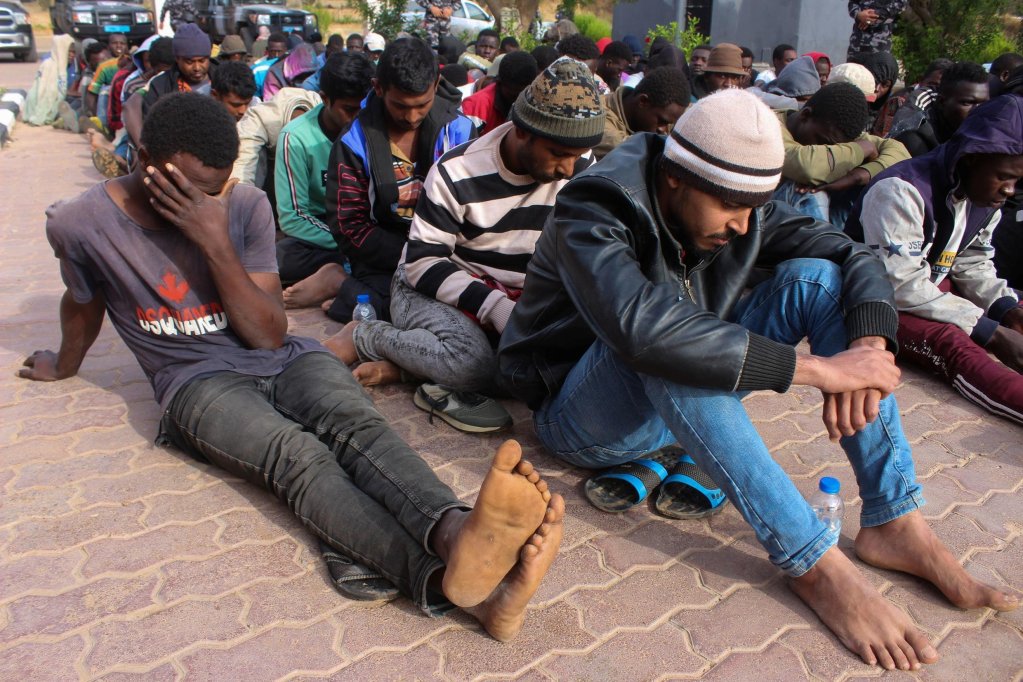
However, his situation was not about to improve. It was in Libya that he faced detention, torture, enslavement and other serious human rights abuses.
"The condition in Libya was not better than any country that I have been into, perhaps it was the worst."
In 2021, protests in Tripoli led Yambio to co-found Refugees in Libya, a movement advocating for refugee rights. This marked the beginning of his journey as a community advocate, human rights defender, and spokesperson for the group. Now living in Italy, he continues his advocacy work for refugees while holding on to the dream of returning to his homeland one day.
Read AlsoLibya: Lack of law and order endangers and attracts migrants
David Yambio's story is very extensive, which is why we have separated it into two parts -- Part 2 will look at his life in Libya and his advocacy work.
Part Two of David Yambio's story can be found here.
